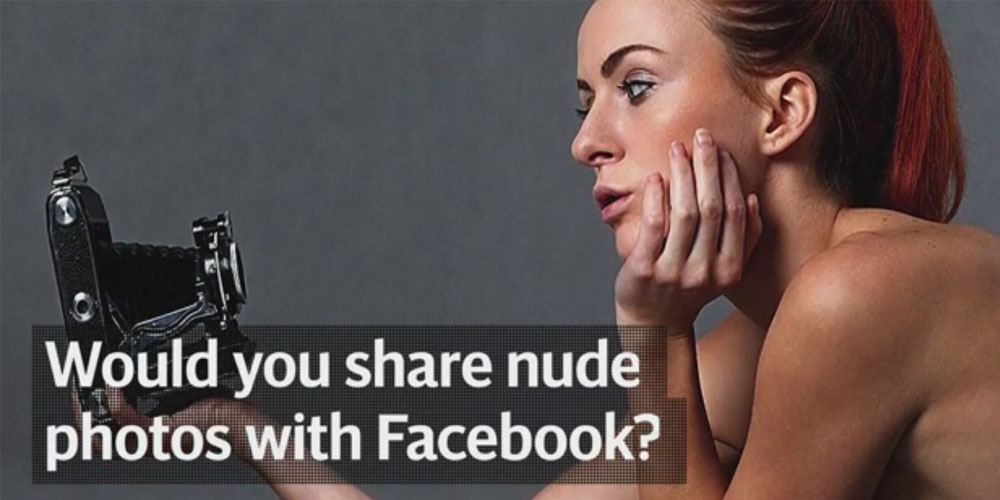
Fighting fire with fire? Why not?
In the internet-connected world, countless of information are being uploaded and shared at any given moment. But with technology in many hands, the device that should help us in getting information, also has a side-effect. And that is, the technology being used to spread countless of explicit media without the users' knowledge.
Called revenge porn, everyone including technology companies know that they need to do something about that.
And this is where Facebook plays with fire: it comes with a solution, that asks users to upload nude photos of themselves, so the company can tag them, preventing them to be re-uploaded by anyone else.
To make this happen, users that sent their nude photos to Facebook, will have those photos "hashed" (given digital fingerprints) using its image recognition technology. This way, if someone else is attempting to re-upload that picture to Facebook, Messenger or Instagram, the algorithm will see those hashes, preventing the upload.
The nude program is currently being tested in Australia, with e-safety commissioner Julia Inman Grant.
"We see many scenarios where maybe photos or videos were taken consensually at one point, but there was not any sort of consent to send the images or videos more broadly," she pointed out.
The social-media platform have a pretty good strategy here, but some say that this can be counter-productive.
First of all, Facebook employees will be able to view the unedited image. The team at the company will manually review those photos, and blur them out before hashing them. After all, Facebook's image recognition system has been criticized in the past for automatically flagging normal pictures by mistake.
Users are certainly outraged by the plans.
They say that even if those images are blurred, they could still be leaked by disgruntled Facebook employees. There's also no way of stopping partners (or ex-partners) from uploading alternative naked images of their ex, as each image must be identified individually.
"No company should ever ask anyone for nude pics to 'safeguard' under the guise of protection from revenge porn. Hackers can hack. Disgruntled employees can leak."

In its defense, Julie Inman Grant, e-Safety Commissioner, said: "It would be like sending yourself your image in email, but obviously this is a much safer, secure end-to-end way of sending the image without sending it through the ether."
"They're not storing the image, they're storing the link and using artificial intelligence and other photo-matching technologies. So if somebody tried to upload that same image, which would have the same digital footprint or hash value, it will be prevented from being uploaded."
If anyone is willing to send their nude picture to Facebook, trusting the social media titan with their intimate pictures, allowing them to analyze, they must first report the images to the Australian government's eSafety Commission. Then they can upload the photo via Messenger. And once a member of the staff has confirmed that the image is in violation of the company’s policies, the image will then be blurred out before it is eventually deleted.